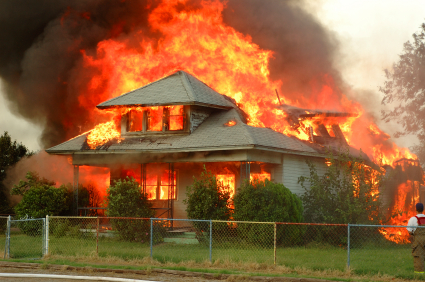Timed Value Part 1.
I became interested in financial markets when I first learned about them at the age of 16. Growing up in Russia we had no financial markets. We had a controlled economy where there was no such thing as stocks, bonds, private enterprise or investors. Everything was controlled by the government. Everyone lived in the same type of housing, wore the same type of shoes, the same coat and the same type of jeans (if you could get a pair). It was a bizarre world indeed.
Shortly after coming to American at the age of 15 I because fascinated with the stock market for one simple reason. I wanted to be rich. I wanted to be a filthy rich billionaire by the age of 30. No matter how naive that goal looks now, that was my only dream at the time. Even at that age I understood that if I want to be really rich, one way or another, I have to participate in financial markets. I can either be an investor or build a company and then take it public or build/sell a large private company. These are the only ways to get into the Billionaire club.
I started studying the market and how it works. I concentrated on the people who have seen huge success in the stock market. Of course Warren Buffett stood out as the most successful one, but I did study others as well. People like Peter Lynch, Jim Rogers, George Soros, Philip Fisher, Benjamin Graham and many others.
For some reason I really clicked with Value Investing and what Warren Buffett was doing. It made a lot more sense to me than investing in growth or speculating based on other factors such as technical analysis, trends, timing, etc…. It was really simple. Find an undervalued asset, buy it at a significant discount to its intrinsic value (company value), sit around and wait for that stock to appreciate over time to reflect its true value. Sounds easy enough. Anyone can do that and get rich. Or so I thought.
Two years into my college education I have decided to drop out of my Pre Med Major (I wanted to be a brain surgeon but wasn’t smart enough) and switched to finance. By that point I knew that I wanted to participate in financial markets. The degree itself wasn’t very useful. We rarely talked about how to make money in the stock market. The courses were mostly filled with useless formulas and academic equations that have no place in the real world.
Soon after graduation I felt that I was ready. Yet, finding a job working in financial markets in San Diego in 2001 was nearly impossible. The tech bubble has burst and there were very few jobs available. I was offered a few financial product sales jobs, but I decided to strike out on my own. So, on January 1, 2002 at the tender age of 22, I naturally started my own hedge fund.
Without a penny to my name, I was able to scrape enough money together to register the business, do some legal stuff, pass needed exams, open a bank account and a brokerage account. After naming the fund Dvorkin Investments, LP (what else) I was ready to go. All I needed now is some capital to invest. After some negotiations with my parents I was able to secure them as my first clients. With $10,000 now sitting in my brokerage account I was ready to rock and roll. Out of the way everyone I am on my way to becoming a billionaire.
To be continued tomorrow…..
Did you enjoy this article? If so, please share our blog with your friends as we try to get traction. Gratitude!!!









